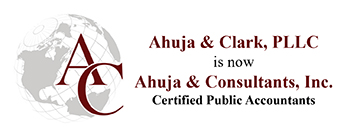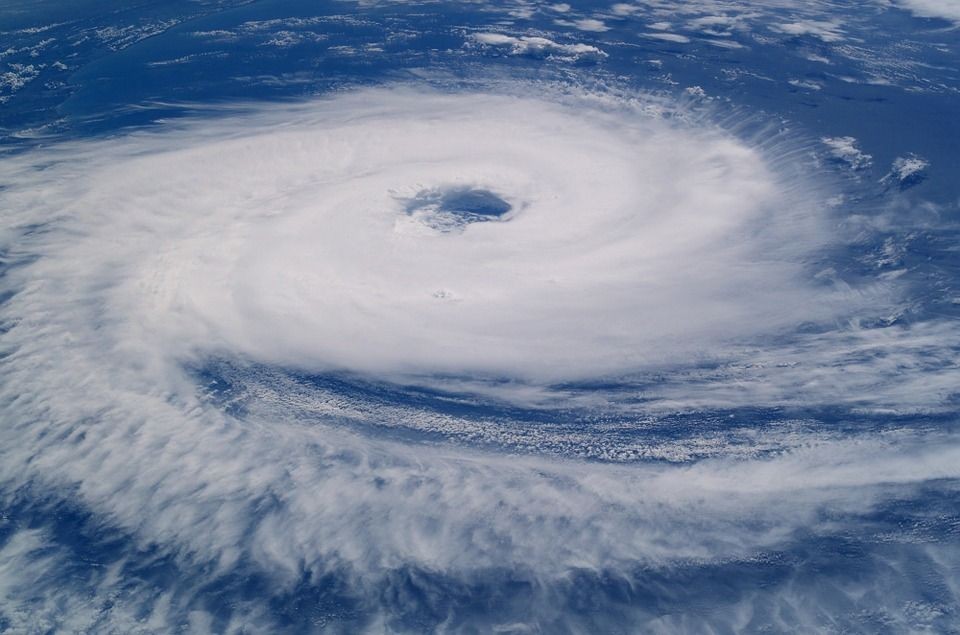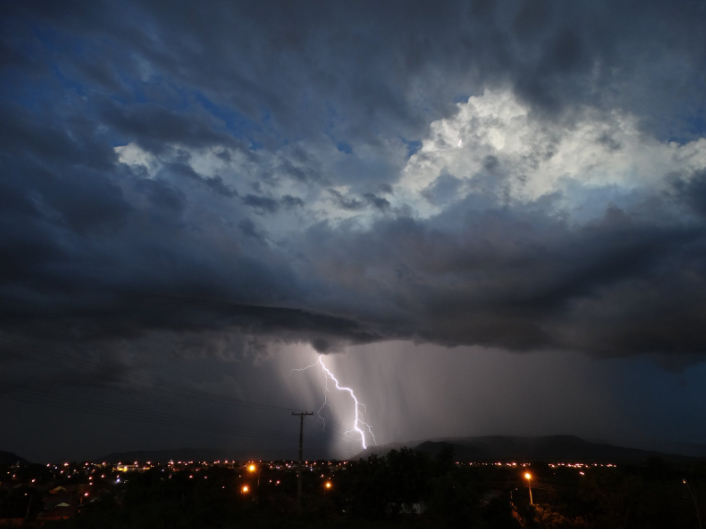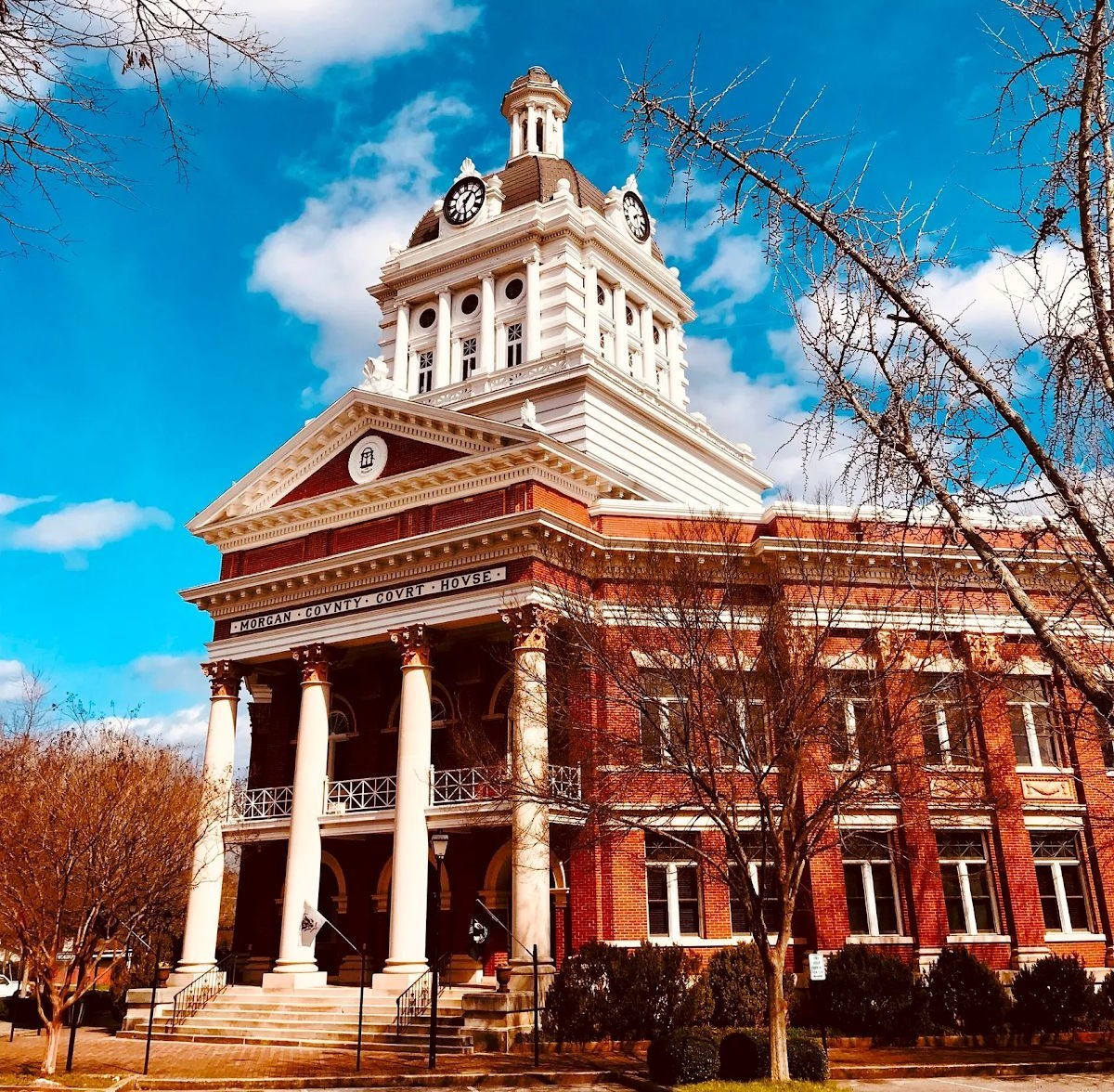In a previous blog post, we touched on the standards of proof for business interruption loss claims before the courts. Continuing along this same line of thought, there is one business interruption case in particular, Dictiomatic, Inc. v. US Fid. & Guar. Co., which brought together a number of applicable concepts to provide a pretty concise primer on the principles of business interruption.
Dictiomatic was a manufacturer of electronic translators. Its main office was in Miami, but all inventory production and storage were in Singapore. In August 1992, Hurricane Andrew hit Miami, and due to the hurricane, Dictiomatic employees were not allowed office access from August 23 thru September 2, which caused business operations to stop. Additionally, Dictiomatic’s recent 3rd-generation translator under-delivered and ended up being a bust when it finally came to market, resulting in poor operational performance for the business and a massive inventory storage of 17,000 units in its Singapore warehouse (unaffected by Hurricane Andrew) at the time when Hurricane Andrew hit Miami. However, Dictiomatic had prepared an aggressive marketing plan for the latter half of 1992, which it believed would be successful. The company was able to resume operations in full on September 14, 1992. Dictiomatic was seeking business interruption revenue losses and continuing expenses incurred from the date Hurricane Andrew hit through the end of the year, December 31, 1992.
The issue with Dictiomatic’s marketing plan: Generally, lost income cannot be speculative; this is not a business valuation where risk can be assessed and factored in. Analysis of lost profits must be based on sufficiently comparable business operations. The business must be ongoing with established, actual sales records to prove the company’s ability to realize profits. So, even though Dictiomatic had an aggressive marketing plan, it’s forecast was too speculative compared to actual recent realized profits.
The issue with Dictiomatic’s claimed period of restoration: Per the insurance policy, Dictiomatic was only entitled to recover its actual loss of business income during the period of time necessary to restore the business operations. No speculation was needed- Dictiomatic resumed operations on September 14. So, it’s claim for an August 23 – December 31 restoration period was unsubstantiated and went against the policy.
Ultimately, Dictiomatic could not prove strong sales, its inventory was not damaged, employees were only out of the business premises for a short period of time, and it could not submit that lost profits were a direct result of Hurricane Andrew. As a result, the court denied the business interruption claim. Dictiomatic’s failure to prove that it would have realized income during the period of restoration but for Hurricane Andrew and it’s inability to distinguish the effects of Hurricane Andrew from the effect of other factors at play – it’s recent poor operating performance, for one – were ultimately what led to the court’s denial. Dictiomatic likely did experience business income loss as a result of Hurricane Andrew, which was a covered event under its insurance policy; however, it’s claim request and calculations were too aggressive and were not proven to be clearly and directly caused solely by the covered event.
Business interruption loss claims can arise from a vast array of disasters and events. During such unfortunate and difficult times, trusting competent forensic accounting professionals with business interruption loss claim calculations provides reassurance. Here at Ahuja & Clark, our seasoned accounting experts are equipped with the knowledge and experience needed to assist with such business interruption loss claim calculations. If you are interested in a consultation or retaining us and our services, give us a call at (469) 467-4660.






